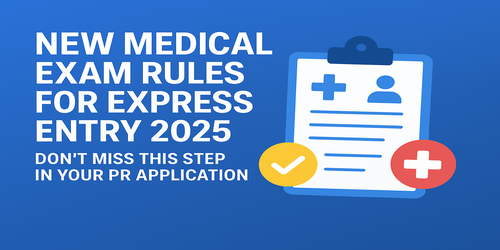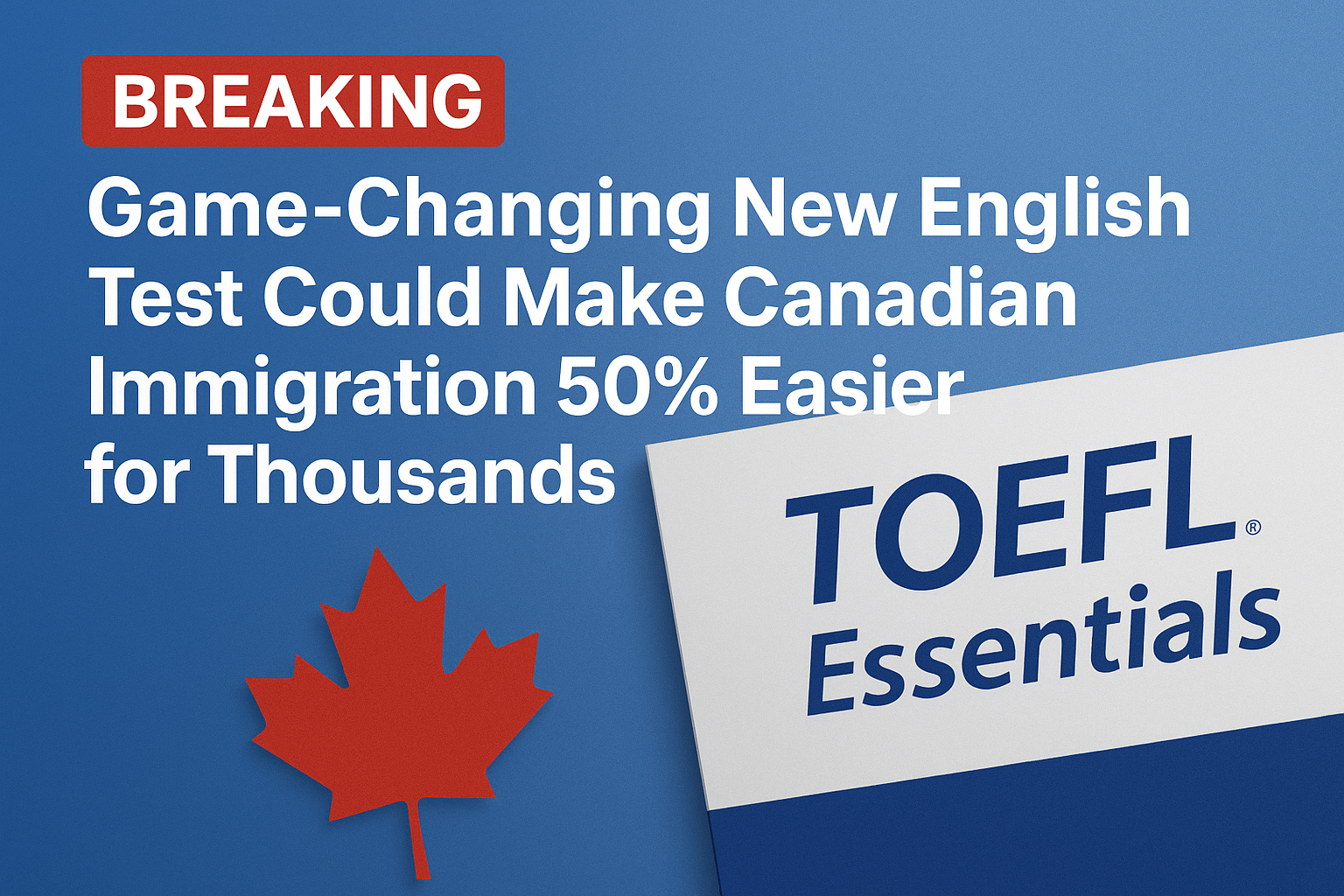There is some good news from Canada, as it offers support to International Educated Nurses through the PASS Program. This shows, Canada’s efforts to strengthen the Canadian healthcare system by welcoming and appreciating internationally educated nurses (IEN) through the federal government funded Pre Arrival and Post Arrival supports and Services Program (PASS).
Canada is severely facing healthcare crisis as its people wait long hours at emergencies and hospitals are struggling to hire qualified healthcare staff. To combat this current chaos , Canada has launched this new program.
This program (PASS) will help educated nurses trained abroad successfully transition into the Canadian nursing workforce. This program is free and offered by Centre for Internationally Educated Nurses (CARE Centre) but only for permanent residents of Canada.
Who can Apply for the PASS Program
To be eligible for the PASS Program, applicant must have completed a recognized nursing education program (certificate, degree or diploma) in their country of residence and have received the Confirmation of PR (COPR) from IRCC.
Nurses outside from Canada with a valid COPR can register for the pre arrival program, for nurses who are in Canada can apply access through Post Arrival Program.
What PASS Program Offers?
PASS offers wide range of tailored services to internationally educated nurses (IENs) including:
Online communication courses (84 hours): These courses are important for new comers and offers essential workplace communication skills and Canadian healthcare vocabulary, intended for nurses at CLB level 5 or 6.
Top Topics covered are cross cultural communication, Canadian nursing abbreviations, inter professional collaboration and health teaching, documentation, and conflict resolution.
PASS program offers personalized mentorship as nurses are matched with certified mentors by Canadian Nurses Association (CNA), they will have minimum 3 years of experience in the field. Mentorship is tailored depending on province and type of nursing.
It also offers Webinars and Information Sessions via live and recorded webinars covering critical topics like:
- The Canadian Nursing Registration Process( varies province wise)
- Introduction to Canadian Healthcare system
- Current labor market trends
- Healthcare roles in Canadian healthcare system
What are the Required Documentation?
Applicant must provide the essential documents which are:
- proof of nursing education which can be any certificate, diploma or degree
- plus proof of permanent residency (PR) confirmation
How to Apply for the PASS Program?
International educated nurses can apply in this program via the website of PASS program. This program is launched with the help of government of Canada and every immigrant nurse should benefit from this program.
We have often seen that immigrant nurses face issues in Canada finding nursing jobs due lack of proper guidance and mentorship, this program is designed to solve this problem.
How to become Nurse in Canada?
Canada welcomes Internationally educated nurses via economic immigration programs and, conducts targeted healthcare draws in Express Entry to attract Nurses into its work force.
But IEN can’t practice in Canada without the proper registration and license.
There are three types of Nurses in Canada which are Registered Nurse (RN), Licensed Practical Nurse (LPN), or a Nurse Practitioner (NP).
Step 1: Determine Your Nursing Role
You can apply to work in Canada as either:
- Registered Nurse
- Licensed Practical Nurse (LPN)
- Nurse Practitioner (NP)
Step 2: Create an Account with National Nursing Assessment Service (NNAS)
The NNAS is the first step for the internationally educated nurses. You need to visit the website of NNAS, create an account, choose your designed designation and prefered province and then submit the required documents.
After submitting the application to NNAS , you will receive the Advisory Report and it will sent to the provincial nursing regulatory body of your choice (e.g., CNO in Ontario, BCCNM in BC, etc.).
Step 3: Apply to the Provincial Nursing Regulatory Body
Each province has its own regulatory body such as CNO for Ontario, BCCNM for BC ,CARNA for Alberta, CRNM for Manitoba and more.
Once your NNAS report is received, the regulatory body will assess your eligibility and may require you to complete these things based on your file such as Bridging Programs, Language Testing, Competency assessment and registration exams.
Step 4: Complete Bridging Program (If Required)
If your qualifications do not meet the Canadian standards, you’ll asked to complete a bridging program (6 months to 2 years). These programs are offered by Canadian Colleges and Canadian Universities.
Step 5: Pass the Licensing Exam
To become licensed, you must pass:
- NCLEX-RN (for Registered Nurses)
- CPNRE (for LPNs)
Step 6: Apply for Registration and Start Working
After passing the program and meeting all the requirements, you become eligible to work as Nurse in Canada. Nursing sector is administered by provinces thus you will get registered as nurse in the province not all over Canada.
Many international students in Canada are educated in nursing in their home countries, but unable to work in Canada due to license restrictions, you can pass the exams easily with proper preparation and become eligible in this field. The PASS Program only helps permanent residents (PR).
International students who have studied nursing in home countries, should only study nursing programs in Canada not the leadership and management courses. The lateral courses have no value in Canada. Plus you should only study at public institutions which are Post Graduate Work Permit (PGWP) Eligible.



